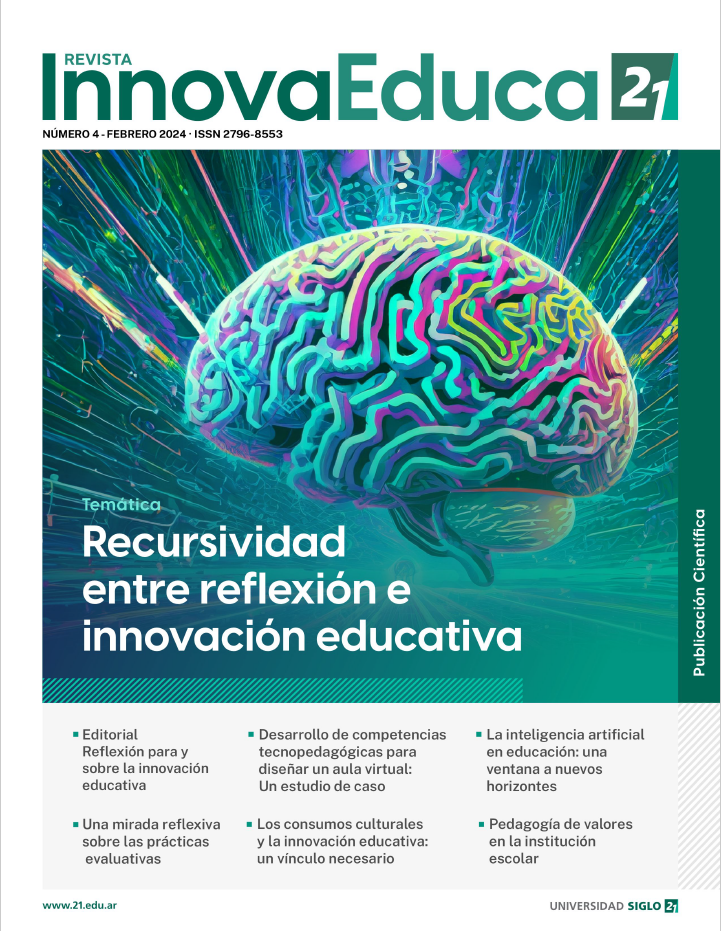Pedagogy of values in the school institution

Abstract
The concern that society is losing its values and that it is the family's and the school's obligation to restore them cannot be primarily attributed to the family institution or the curriculum. Is it possible to teach values at school? The purpose of this essay is to investigate the dynamics of education and the application of moral principles in the educational setting. The concept of "value" is approximated,
and the challenges of accessing a shared understanding due to its abstraction and biases in perception are established. The foundation of this work is Schwartz's definition of values, which he defines as idealistic convictions that transcend particular circumstances and direct the choice and assessment of actions, people, and events. It is emphasized the significance of values in human development,
private and public behavior, and their embodiment in culture, the economy, and social cooperation.
There is evidence that social values have been somewhat stable across time. Concerning the educational field, it is suggested that values are reproduced in schools without being critically examined and that values are "hiddenly" communicated in social relations.
Finally, certain lines of analysis are proposed to define the school's values, relate them to learning experiences, and assess the community's competence in upholding those values.
Keywords
Values, Family, School, Learning, Assessment, Application
Author Biography
Ricardo Orellana Torres
SEFSE, Universidad Católica Andrés Bello, Universidad Tecnológica Indoamérica
